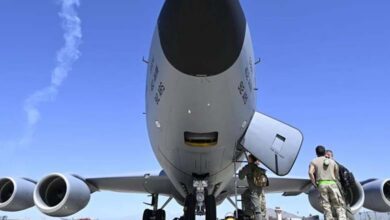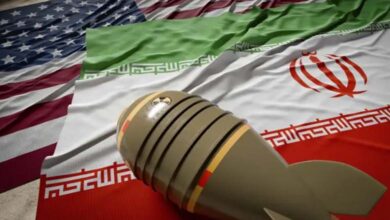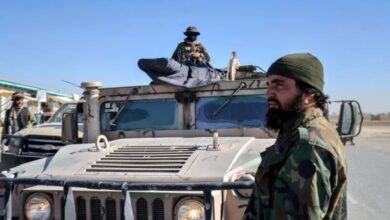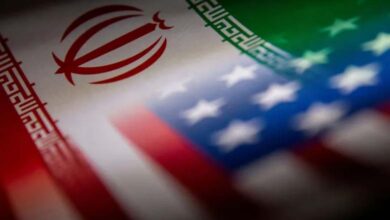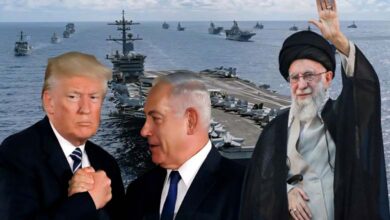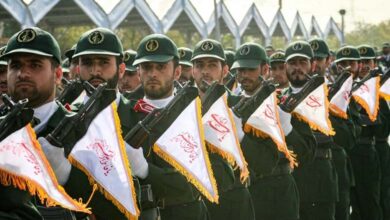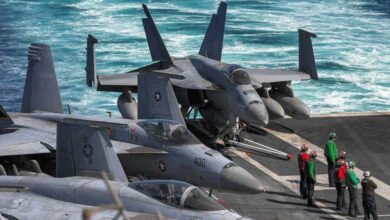American-Qatari agreement puts the fate of Hamas and its leaders in Doha at stake
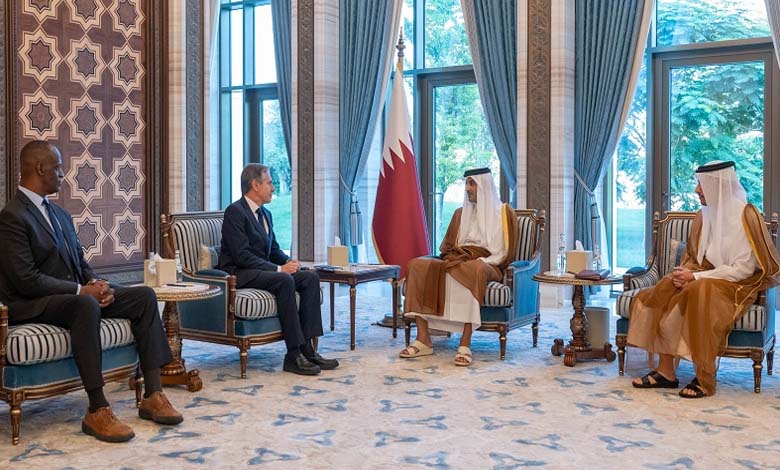
It is unlikely that Doha will abandon its position as a strategic partner for the United States and a representative of some of its interests to please the Hamas leaders residing on its soil.
The American newspaper, The Washington Post, reported today, Thursday, that the United States and Qatar have agreed to review Doha‘s relationship with the Hamas movement after the resolution of the hostage crisis in Gaza.
This comes as Washington leads efforts to cut off the sources of funding for the Palestinian Islamic movement and tighten the noose around its activities, while the Gulf Emirate hosts several senior Hamas leaders on its territory.
This agreement, mentioned by the American newspaper, comes as Doha is currently leading mediation efforts to release prisoners from the Israeli army and civilians, as well as a number of foreigners. On Wednesday, Israel warned that any ground invasion of Gaza could complicate its ongoing efforts to release the hostages.
Qatar has faced American pressure to sever its ties with Hamas since the attack launched by the movement on Israel on October 7th of this year. The United States and several European countries classify Hamas as a “terrorist” organization.
Doha may find itself in a difficult situation during this period, but it can decide the fate of Hamas leaders residing on its territory. They could either head to Syria, which is the closest destination after the movement restored its relations with the Syrian regime, considering it a part of the resistance axis, or to Turkey. This remains uncertain even after the Turkish President Recep Tayyip Erdogan delivered a strongly worded speech defending Hamas and rejecting its classification as a terrorist organization, emphasizing before the Turkish Parliament that it is a national liberation movement.
The attack carried out by the Al-Qassam Brigades, the military wing of Hamas, on Israel, resulting in around 1,400 casualties, including soldiers, settlers, and the capture of dozens, has highlighted Qatar as one of the biggest supporters of the Islamic movement.
The fate of the leaders, including Ismail Haniyeh, the head of Hamas‘ political bureau, is now at stake if the American-Qatari agreement reported by The Washington Post is accurate.
While Hamas’ official presence in Doha was at the request of the United States, the situation has changed dramatically. Washington, which previously considered opening channels of communication with Hamas, now supports Israel’s desire for retaliation against the movement and targeting its top leaders. It cannot accept that they remain in Doha to make threatening statements and declarations.
This issue poses a real test for the strategic relationship between Doha and Washington, but it is unlikely that Qatar will abandon this relationship to please the Hamas leaders.
Qatar has close relations with Hamas and provides financial aid to the movement to manage the Gaza Strip, including paying the salaries of employees and providing financial assistance to families. This funding has been criticized by the Palestinian Authority in recent years for political reasons, as it does not pass through the channels of the Palestine Liberation Organization, which also insists that it is the sole legitimate representative of all Palestinians.
Doha is also engaged in a strategic partnership with the United States and represents its interests in certain areas, such as Afghanistan. It also hosts the Al Udeid Air Base (also known as Abu Nakhla Air Base), the headquarters of the United States Central Command and the United States Air Force Central Command.



